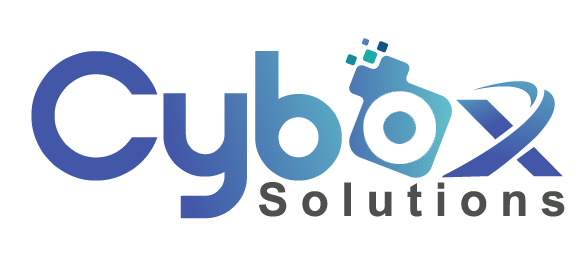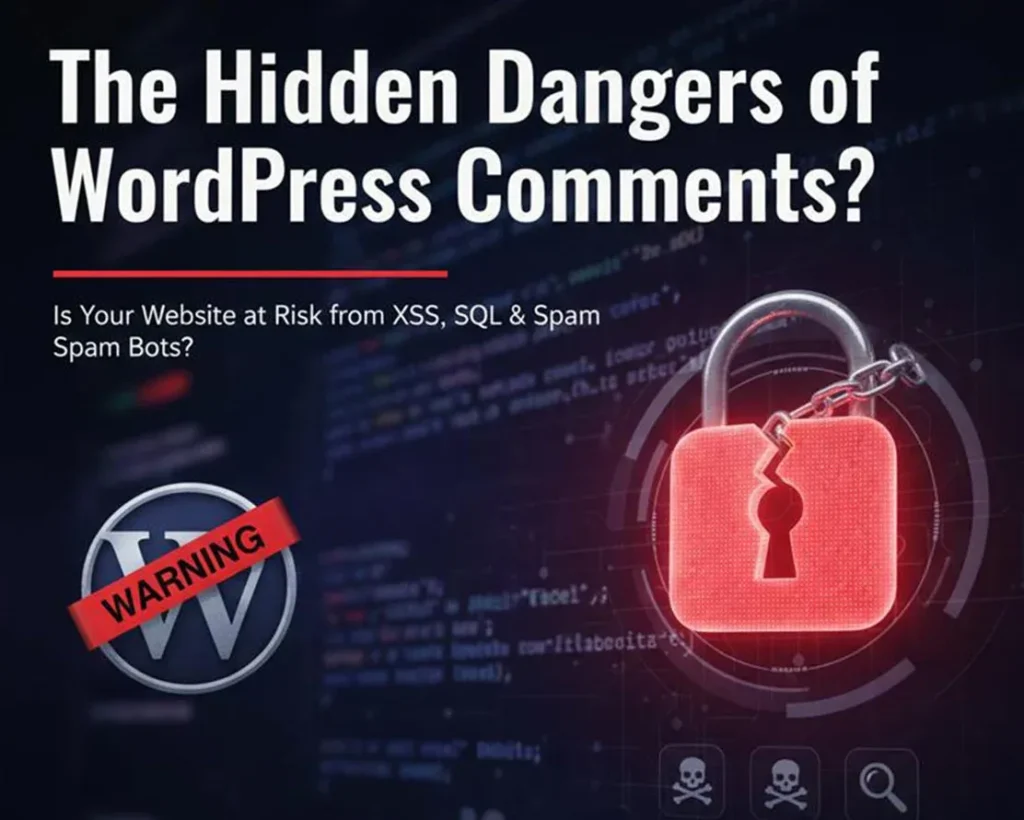WordPress powers a significant portion of the internet, and its versatility is largely due to its expansive plugin ecosystem. Plugins extend WordPress’s core functionality, allowing users to add features for everything from SEO to security, performance, and e-commerce without writing a single line of code.
With thousands of plugins available, choosing the right ones can be daunting. This article highlights essential WordPress plugins that virtually every website can benefit from, ensuring a secure, fast, user-friendly, and search engine-optimized online presence.
1. Security & Backup: Your Digital Safety Net
Website security and reliable backups are non-negotiable. Cyber threats are constantly evolving, and a breach can lead to data loss, reputational damage, and significant downtime. Backups ensure you can quickly restore your site if anything goes wrong.
- Recommended Plugins:
- Wordfence Security: Offers a robust firewall, malware scanner, and login security features like two-factor authentication. It actively protects your site from malicious traffic and helps identify and remove infections.
- Sucuri Security: Provides a comprehensive security suite, including website security auditing, malware scanning, and blacklist monitoring. Its Web Application Firewall (WAF) acts as a shield against various online threats.
- UpdraftPlus / Jetpack VaultPress: These are top contenders for backup solutions. UpdraftPlus offers extensive remote storage integrations in its free version, allowing you to back up to Google Drive, Dropbox, and more. Jetpack VaultPress provides real-time, incremental backups, especially beneficial for e-commerce sites, ensuring minimal data loss.
2. Performance & Caching: Speed is Key
Website speed is crucial for user experience and search engine rankings. Slow loading times can frustrate visitors and lead to higher bounce rates. Caching plugins store static versions of your pages, delivering them quickly to subsequent visitors.
- Recommended Plugins:
- WP Rocket: A premium caching plugin known for its user-friendly interface and automatic application of performance best practices. It includes features like page and browser caching, GZIP compression, lazy loading, and database optimization.
- LiteSpeed Cache: An excellent free option, particularly if your hosting provider uses LiteSpeed servers. It offers server-level caching for superior performance.
- Smush / Imagify / EWWW Image Optimizer: Image optimization plugins are vital. They compress and optimize images without significant quality loss, drastically reducing page load times. Many offer automatic optimization on upload and bulk optimization for existing images.
3. Search Engine Optimization (SEO): Get Discovered
For your website to be found, it needs to be optimized for search engines. SEO plugins guide you through the process of making your content and site structure search-engine friendly.
- Recommended Plugins:
- Yoast SEO: One of the most popular and comprehensive SEO plugins. It provides on-page analysis, helps with meta tags, schema markup, XML sitemaps, and offers real-time feedback to improve your content’s SEO and readability.
- All in One SEO (AIOSEO): Another powerful and beginner-friendly SEO toolkit. It offers a smart setup wizard, rich snippet schema markup, smart XML sitemaps, and features like a Link Assistant for internal linking.
- Rank Math: Known for its extensive free feature set, including basic local SEO, image SEO, and internal link suggestions. It’s a strong contender for those looking for a feature-rich free option.
4. Contact Forms: Facilitating Communication
Every website needs a way for visitors to get in touch. WordPress doesn’t include built-in form functionality, making a contact form plugin a must-have.
- Recommended Plugins:
- WPForms: A highly intuitive drag-and-drop form builder, allowing you to create various forms like contact forms, payment forms, and surveys with ease. The free version is excellent for basic needs.
- Contact Form 7: A simple yet flexible option for creating contact forms. It integrates well with Akismet for spam protection.
- Fluent Forms / Ninja Forms: These are also strong contenders, offering drag-and-drop interfaces, multiple field types, and integrations with marketing and payment services.
5. Anti-Spam: Combatting Unwanted Content
Spam comments and form submissions can be a significant nuisance and a security risk. An anti-spam plugin is essential to keep your website clean and professional.
- Recommended Plugin:
- Akismet Anti-spam: Developed by Automattic (the team behind WordPress), Akismet is the industry standard for spam protection. It scans comments and form submissions against a global spam database, filtering out unwanted content.
6. Essential Enhancements (Depending on Site Type):
While the above categories are universally important, some plugins cater to specific needs:
- E-commerce: If you plan to sell products or services, WooCommerce is the undisputed leader for turning your WordPress site into a powerful online store.
- Page Builders: For visual content creation and layout design, plugins like Elementor or Beaver Builder offer drag-and-drop interfaces to build stunning pages without coding.
- Analytics: MonsterInsights simplifies the setup of Google Analytics and provides actionable insights directly within your WordPress dashboard, helping you understand your website’s performance.
- Lead Generation: Plugins like OptinMonster help you create high-converting pop-ups, opt-in forms, and other lead generation tools to grow your email list.
- Redirection: Redirection is invaluable for managing 301 redirects, monitoring 404 errors, and preventing broken links, crucial for SEO and user experience, especially after content changes.
By strategically implementing a selection of these essential WordPress plugins, you can transform your website into a secure, high-performing, and engaging platform that effectively serves its purpose and reaches its target audience in 2025 and beyond. Remember to always keep your plugins updated to ensure compatibility and the latest security patches.





